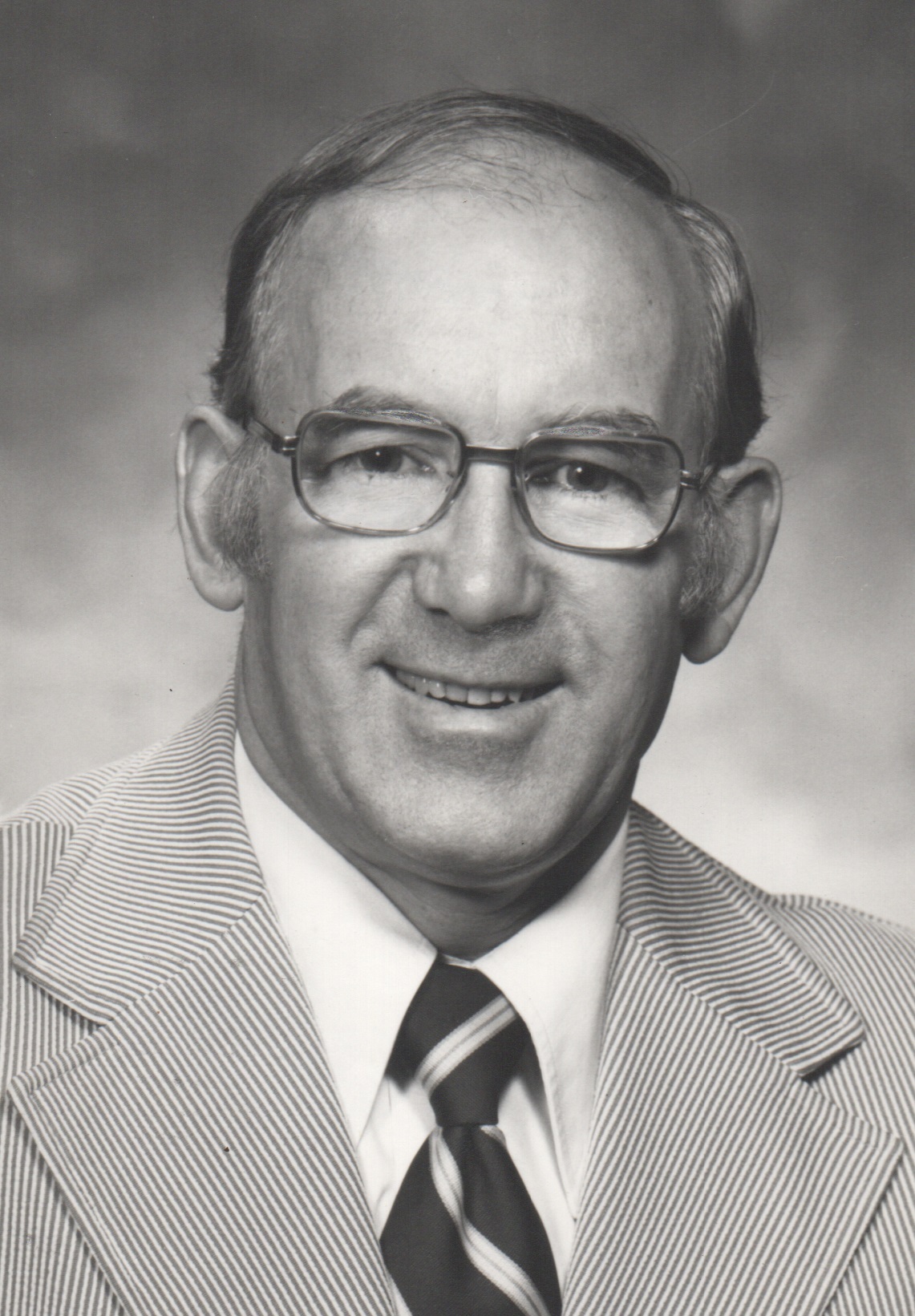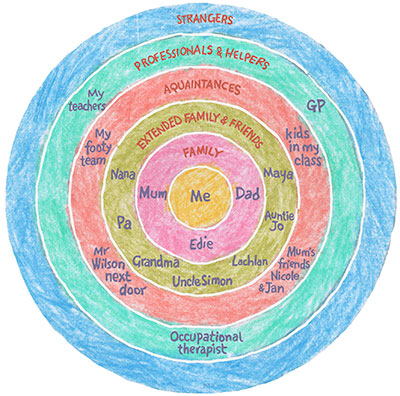The story...
I obsessively thought about a family situation yesterday - it surprised me because I thought that I had victory over what some might call "stinking thinking." I felt left out, marginalized, under-valued, avoided, with my concerns and interests ignored. I began to imagine scenarios that were possible and built them into an imagined reality that made sense - I began to prepare and protect myself according to this new imagined reality. It turns out, my obsessive thinking was unwarranted. Two phone calls finally clarified the family behaviors according to a "truer" reality - I now better understood their perceptions and behaviors even though they seem odd and a tad unreasonable to me.
Would it help to work on improving my relationships with other family members? Yes, but it takes time and requires me to offer them the dignity and respect for being just as they are. Is it possible to develop a relationship with them without the need to fix, manage, control, change or argue opinions with them? Yes, that's how I plan to move forward.
The only church in town will have people who perceive the same situation or scenario in different ways. Better relationships will improve the situations yet they'll not prevent turmoil. Might we let them be while still working on building or mutual relationships? Might they grow in response to good supporting relationships? Is relationship building more fulfilling then vain attempts to build up, promote, and protect ourselves?
Just for today...
"The word sarcasm comes from a Greek word meaning to tear flesh. 'Wouldn't I feel pretty cheap if I could hear myself being played back? Wouldn't it give me some idea of my part in the family troubles?'" One Day at a Time (p. 255)
"...when the feeling comes up, I recognize it, share about it, accept that I felt it, and then set it aside. I no longer assume that it has validity . . . Today I will take one of my assumptions about myself and hold it up to the light. I may find that it stems from habit rather than reality." Courage to Change (p. 255)





.jpg/220px-The_Blue_Marble_(remastered).jpg)

















